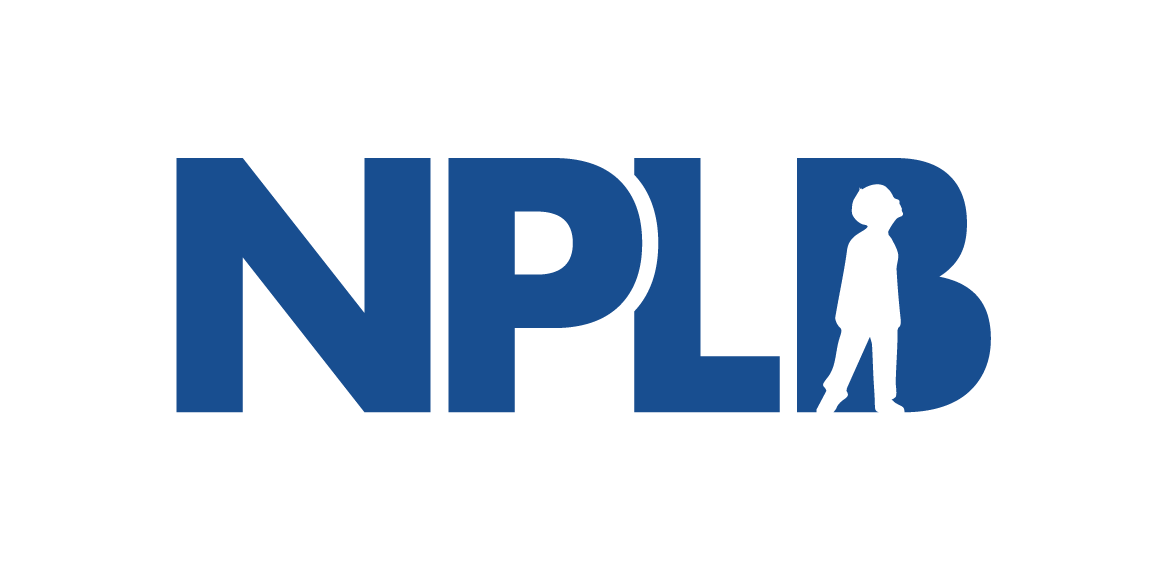New Study Highlights Challenges in Medicare Part D Treatment Access and Major Concerns over Inflation Reduction Act
85% believe the IRA risks limiting their treatment options
92% expect their out-of-pocket costs to increase
WASHINGTON, D.C. – A new survey published today by Charles River Associates and No Patient Left Behind (NPLB) – a non-profit dedicated to making medicines affordable for everyone in America – found an overwhelming majority of Medicare Part D beneficiaries are concerned about access to prescribed medicines, out-of-pocket costs, and the impacts of coverage restrictions in Medicare Part D plans.
The survey, which reached 200 Medicare Part D beneficiaries who had spent at least $100 out-of-pocket on prescription drugs in the past year, found:
Access restrictions: 30% of respondents said their health plan initially denied access to drugs prescribed by their doctor in the past year. Among them, 40% ultimately had to use a medicine that was not their doctor’s first choice and 17% received no medicine at all.
Impact of IRA on access: 81% of beneficiaries expressed concern that the IRA will result in formulary changes that will force them to switch from their current prescribed medications, and 87% worry the IRA will hinder access to newer medicines moving forward.
Impact of IRA on plan options: 85% of all Part D beneficiaries in the survey expressed apprehension about Medicare Part D plans withdrawing from the market due to the IRA and limiting treatment options. All beneficiaries with high out of pocket costs expressed apprehension about plan exits from Medicare.
Impact of IRA on costs: 92% of beneficiaries expect they will have higher out-of-pocket costs under the IRA.
Need for patient safeguards: More than 90% of beneficiaries believe the government should implement safeguards on health plans to protect access, such as making it easier to appeal denials, strengthening clinical standards for formularies, or gathering more data from plans to identify access problems.
Spending on novel medicines represents just eight cents of the nation's health care dollar. These drugs prevent chronic disease, clear infections, and address a cascade of serious health complications. People pay a greater percentage of the cost of their medicines out of pocket than they do for hospital or physician care, yet proper use of medicines helps to avoid expensive trips to the hospital or doctor and reduce our total spending on healthcare. Moreover, people in Medicare, who are older and often on fixed incomes, pay more out of pocket for medicines compared to people in employer health plans.
Health plan formulary design determines whether the medicines that doctors prescribe to their patients are either affordable and accessible or entirely out of reach. In fact, the majority of people in Medicare with cancer don’t receive approval the day their doctor prescribes a medication and over half who experience a rejection from their plan never initiate therapy for their cancer. Moreover, high-cost sharing for medicines on formulary leads to suboptimal treatment adherence (e.g., skipping pills) and treatment abandonment.
“This survey provides an intimate look at the barriers Medicare Part D plans impose on seniors to limit their ability to access prescribed treatments at low out-of-pocket costs,” said Peter Rubin, Executive Director of No Patient Left Behind, which sponsored the research. “While the IRA made some positive changes to Medicare Part D by capping annual beneficiary out-of-pocket costs, these findings show we must take a closer look at the broader impact policies like the IRA will have on formularies and access to innovative treatments. CMS is in the process of considering adding meaningful safeguards to protect patient access in 2026, and this survey is further evidence about the need for implementing prior authorization reforms.”
“Hearing directly from Medicare beneficiaries sheds light on where the real barriers are when it comes to the cost of medicines and treatments,” said Kirsten Axelsen from Charles River Associates. “Gathering this data is crucial to understanding where we fall short for Medicare beneficiaries and what action is needed to ensure proper access to vital medicines.”
About No Patient Left Behind
No Patient Left Behind (NPLB) is a coalition of biotechnology innovators, investors, healthcare professionals, and patient advocates working to ensure that patients have access to the medicines they need today and in the future. Through rigorous, independent research and data analysis, NPLB promotes biotech affordability and innovation, advancing common-sense solutions that enable every patient to afford the drugs prescribed by their doctor at low or no out-of-pocket cost — while also preserving the incentives for investment that spur the development of new, life-saving treatments. In tandem with its research efforts, NPLB educates leaders and stakeholders across the biotech ecosystem about thoughtful and balanced policy solutions. Learn more about NPLB’s latest initiatives at www.nopatientleftbehind.org.
# # #
